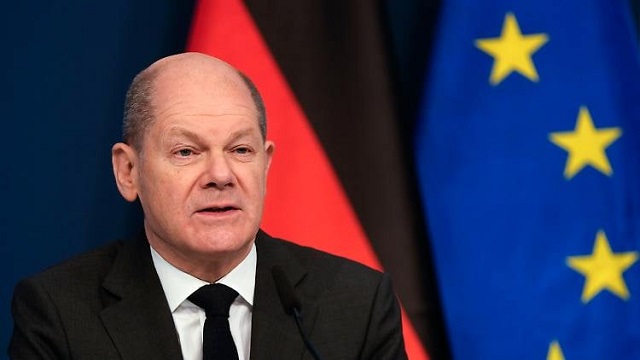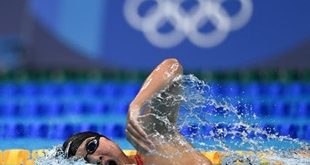
Berlin, Germany | Xinhua | Despite providing military assistance to Ukraine, the North Atlantic Treaty Organization (NATO) must not become a party to the country’s conflict with Russia, German Chancellor Olaf Scholz said on Wednesday.
In a speech to the German lower house of parliament (Bundestag) ahead of a special meeting of the European Council to discuss the conflict, Scholz warned against a “public competition to outdo each other along the lines of battle tanks, submarines, aircraft…”
This would harm the unity of the West, he said.
“We preserve and strengthen this cohesion by preparing decisions confidentially first before communicating them,” he said, referring to the recent decision taken by Germany and the U.S. on the delivery of battle tanks.
Due to increasing pressure on Germany by NATO partners to supply heavy artillery to Ukraine, the German government decided in late January to deliver 14 Leopard 2 tanks, and to permit partners to re-export from their Leopard stocks. In addition, the export of up to 178 of the older Leopard 1 tanks was later approved.
The U.S. followed suit shortly afterward, with President Joe Biden announcing the delivery of Abrams battle tanks to Ukraine.
However, experts say it will be months before the German and American tanks are delivered.
Vyacheslav Volodin, chairman of Russia’s lower house, warned last month that the supply of Western weapons to Ukraine would lead to retaliation with “more powerful weapons.”
Meanwhile, Ukraine’s President Volodymyr Zelensky reiterated his request for more weapons, as well as fighter jets, during a visit to London on Wednesday.
The United Kingdom is Ukraine’s second-largest supporter after the U.S. Last year alone, the UK provided military aid worth a total of almost 2.8 billion U.S. dollars, and the British government has already pledged to “sustain the same level of funding in 2023.”
At the upcoming European Council meeting on Feb. 9-10, Scholz indicated that sanctions against Russia would be further tightened. The bloc will support Ukraine “for as long as necessary,” he said.
 The Independent Uganda: You get the Truth we Pay the Price
The Independent Uganda: You get the Truth we Pay the Price


